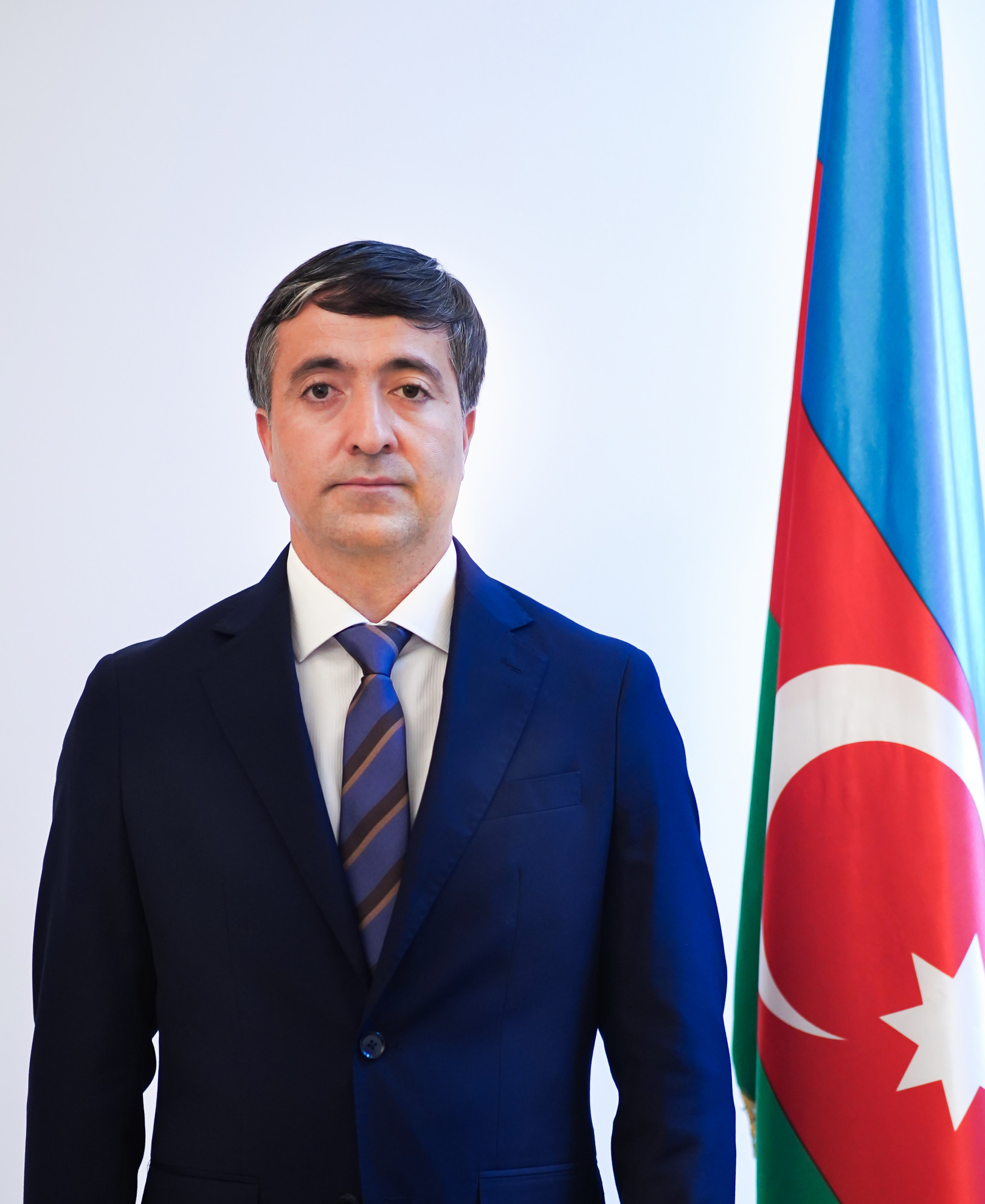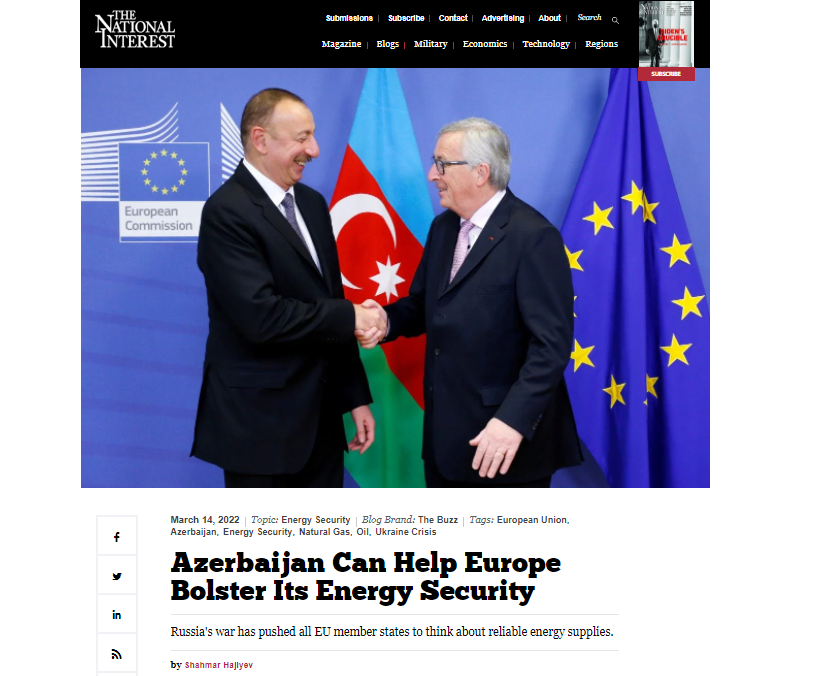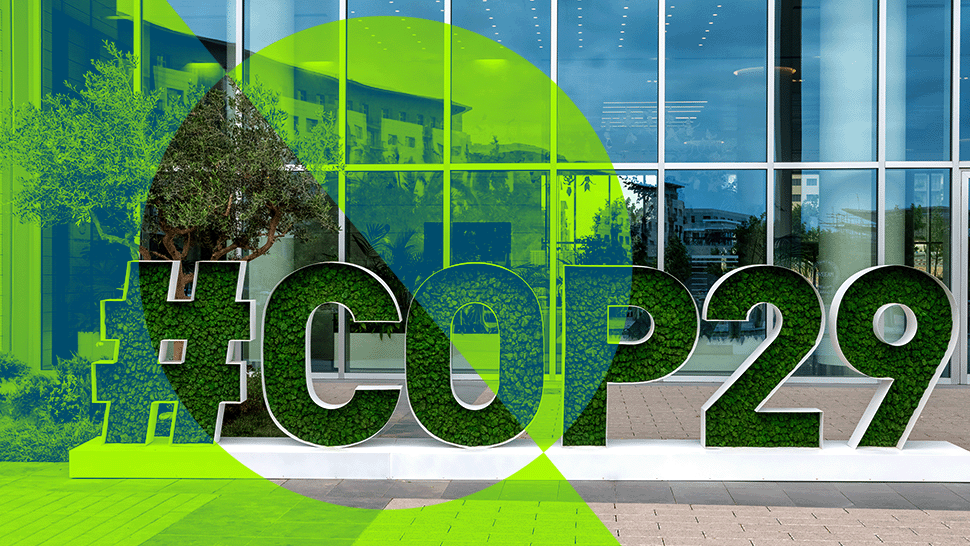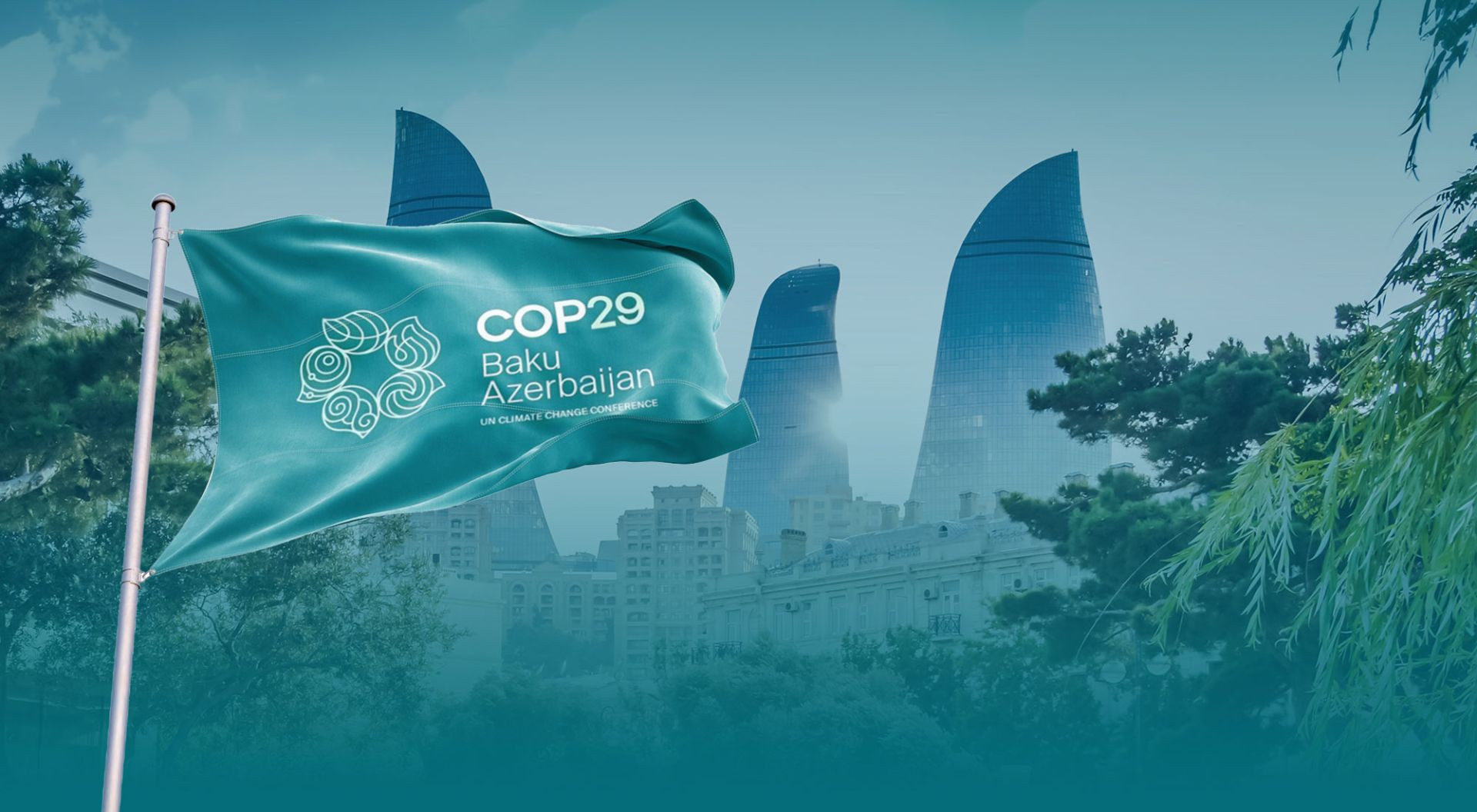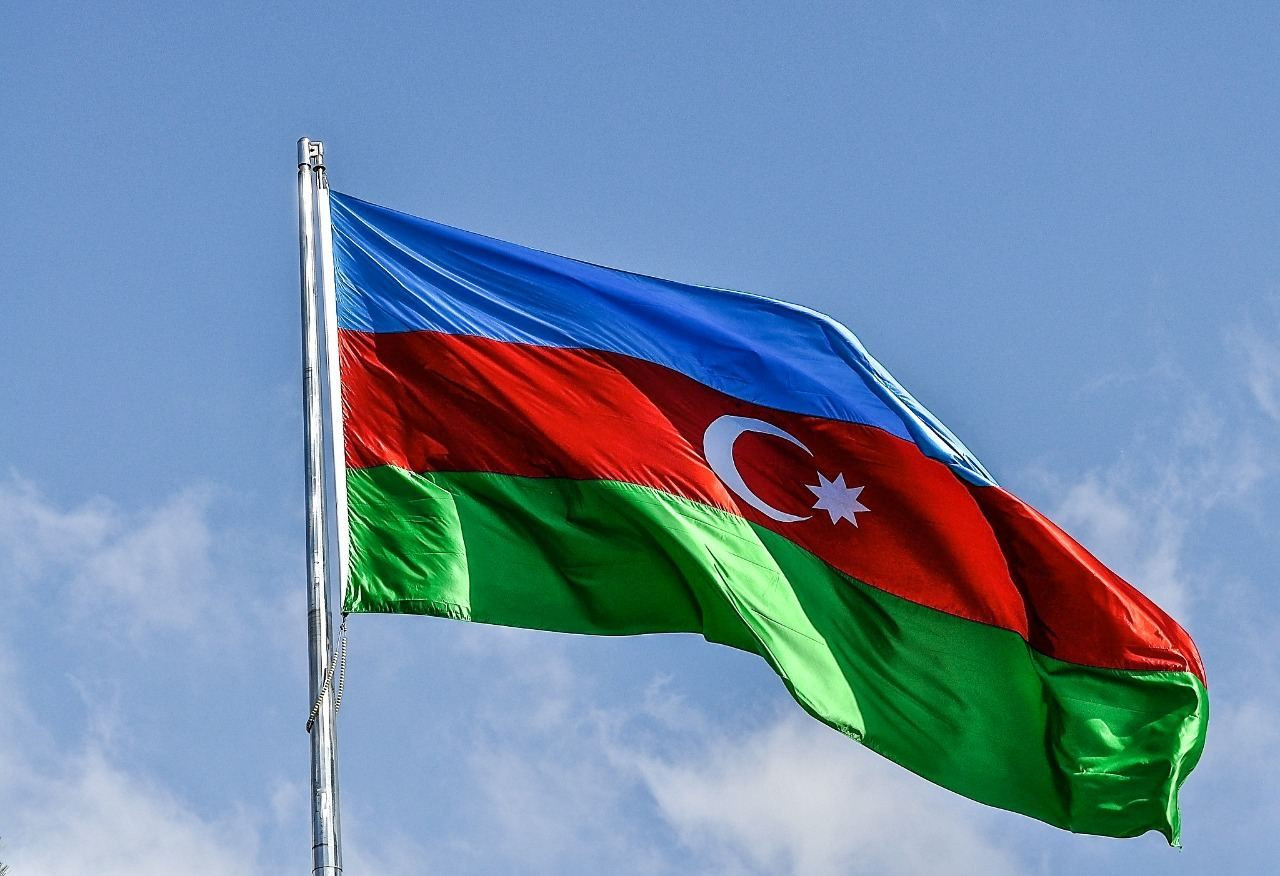Recent developments in Russia-Ukraine relations, especially the recognition of the separatist regimes in Donetsk and Luhansk as independent states and the subsequent war between Ukraine and Russia, have again raised concerns over European energy security. But how is the European Union acting to secure its energy future? The European Green Deal aims to support the EU’s clean energy transition by decarbonizing its energy system. Currently, the production and use of energy account for more than 75 percent of the EU’s greenhouse gas emissions. Therefore, a rapid switch to clean energy will be challenging, and Europe’s natural gas dependency will be high on the agenda.
Natural gas is an important energy resource for Europe’s economic development, and EU member states are highly dependent on foreign energy suppliers, including Russia and countries in the Middle East and Africa. It is important to underline that energy-starved Europe currently depends primarily on Russian natural gas, which accounted for around 45 percent of Europe’s gas imports in 2021, and most of this share passes through Ukrainian territory. Even during the war between the two states, about 109.5 million cubic meters a day of Russian gas passed through Ukraine on its way to Europe (as of March 4, 2022).
Naturally, this means that escalations between the West and Russia could hit Europe’s energy sector. Following the U.S. sanctions on Russian energy and the decision of the German government to put the Nord Stream 2 gas pipeline on hold in response to the Russian invasion of Ukraine, European energy consumers are facing high energy prices. Natural gas prices in northwest Europe have jumped to a record high of more than €300 per megawatt-hour. According to Rystad Energy research estimates, the war between Ukraine and Russia could cut up to 155 billion cubic meters (bcm) of natural gas imports to Europe—about 30 percent of Western Europe’s annual natural gas demand.
This is a huge number issue for Europe, and the current crisis raises very important questions about how to reduce dependence on Russian natural gas in the near future. The European Commission is accelerating the diversification process and, according to EU officials, around fifty bcm a year will come from new sources of liquified natural gas (LNG), ten bcm will come through pipelines from other suppliers, and twenty bcm will come from new wind energy capacity that will reduce the demand for gas-fired power stations. In this regard, Europe has started to look for alternative and reliable natural gas supplies. The EU has already talked to energy partners such as Qatar, the United States, Nigeria, Egypt, and Azerbaijan about increasing natural gas supplies if Moscow cuts gas deliveries. These countries have the potential to support Europe’s energy security by stepping up natural gas supplies to the continent.
Azerbaijan has proved itself to be a reliable energy partner for Europe. An important inter-regional energy project, the Southern Gas Corridor (SGC), has been finalized. In its initial stage, the SGC was set to deliver about bcm to Turkey and ten bcm to Europe. However, the project has also been built with potential expansion capacity, which could be increased to thirty-one bcm in the South Caucasus Pipeline Expansion Project and the Trans-Anatolian Natural Gas Pipeline, and up to twenty bcm in the Trans Adriatic Pipeline, thereby doubling the corridor’s capacity. Azerbaijan has the potential to increase gas deliveries to Europe by using its gas reserves in the Caspian Sea as well as accessing natural gas sources from Turkmenistan and Iran.
To discuss important energy issues, the EU commissioner for energy, Kadri Simson, and the EU commissioner for neighborhood and enlargement, Oliver Varhelyi, visited Azerbaijan to attend the eighth Ministerial Meeting of the Southern Gas Corridor Advisory Council on February 4. Of particular interest was the plenary session. Azerbaijan and the EU discussed strategic partnership, increasing the share of Azerbaijani gas going to Europe, and the prospects for extending the Southern Gas Corridor to new energy markets, including the Western Balkans and especially those where it could boost the phase-out of coal. According to Azerbaijan’s minister of energy, Parviz Shahbazov, “in 2021, as well as in January of the current year, more than 18.5 billion cubic meters of natural gas was exported through the Southern Gas Corridor to consumers in Georgia, Turkey, and Europe. During this time, only European countries have been provided with approximately 8.9 billion cubic meters of Azerbaijani natural gas under long-term contracts, as well as short-term spot operations.”
It is worth noting that the United States is among the top LNG suppliers to the European natural gas market. In 2021, the United States became Europe’s largest source of LNG, accounting for 26 percent of all LNG imported by EU member states and the United Kingdom. Moreover, in January 2022, the United States supplied more than half of all LNG imports into Europe.
Another important supplier of LNG to Europe is Qatar. Qatar is one of the largest producers of LNG and supplies most of the fuel sold to East Asian countries. The European energy crisis has again increased the importance of Qatar LNG supplies to Europe. On January 31, Amir Sheikh Tamim Bin Hamad Al-Thani of Qatar met with U.S. President Joe Biden at the White House to discuss, among other issues, their mutual interests in promoting security and prosperity in the Gulf and the broader Middle East, ensuring the stability of global energy supplies, supporting the people of Afghanistan, and strengthening commercial and investment cooperation. Qatar’s LNG exports to Europe were 65.1 percent higher in January 2022 than in January 2021. As previously mentioned, the EU specifically plans to increase the share of LNG in the natural gas market. In reality, Qatar can support EU energy security in the short- to medium-term. However, it is clear that Qatar alone cannot quickly compensate for the loss of all Russian gas if there is a total natural gas disruption.
With this in mind, LNG sources for Europe will play an important role in the energy diversification process. EU member states’ plans to build new LNG terminals will decrease dependence on Russian natural gas and, consequently, advance EU energy security in the long term. The war in Ukraine has made it necessary for even Germany, historically an energy partner of Russia, to build LNG terminals to reduce its Russian gas dependence. These developments clearly show that Russian aggression against Ukraine has finally pushed all EU member states to think about sustainable and reliable energy supplies.
It is clear that, despite the war in Ukraine, both Russia and the EU are keen to continue energy cooperation, as their relationship is one of inherent interdependence. Europe depends on Russian energy sources and, in turn, the Russian economy heavily depends on energy revenues. However, as the war has become a turning point for Europe’s traditional energy map, this situation cannot continue in the future. As a result, Russia sees China as an important energy market to increase its energy sales in the future. The long-term strategy of Russia will result in a shift from European to Asian energy markets.
https://nationalinterest.org/blog/buzz/azerbaijan-can-help-europe-bolster-its-energy-security-201208

